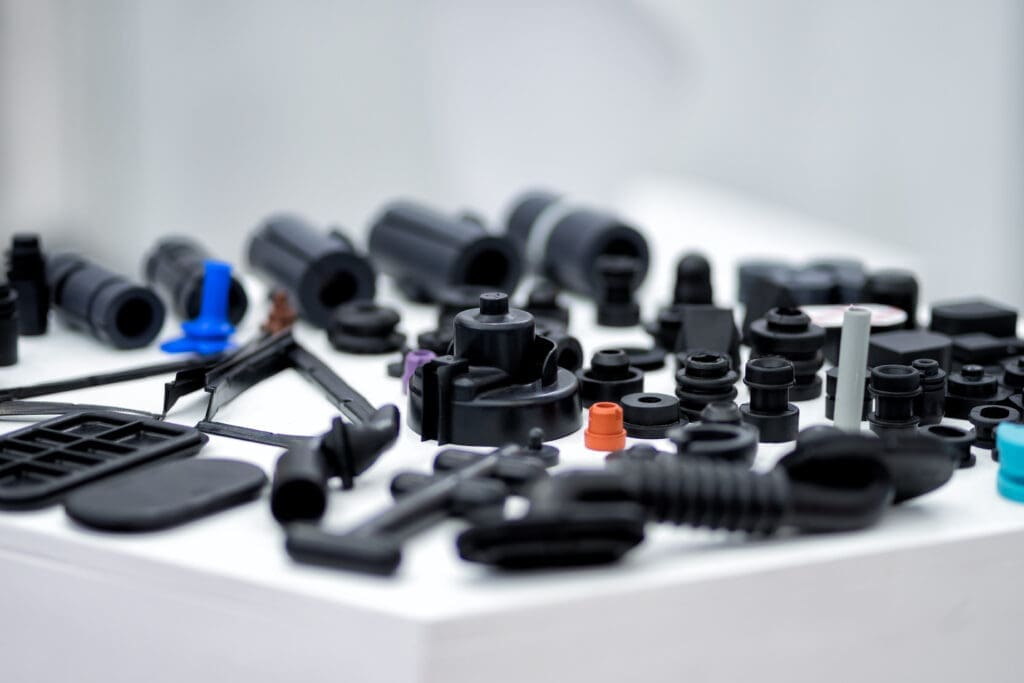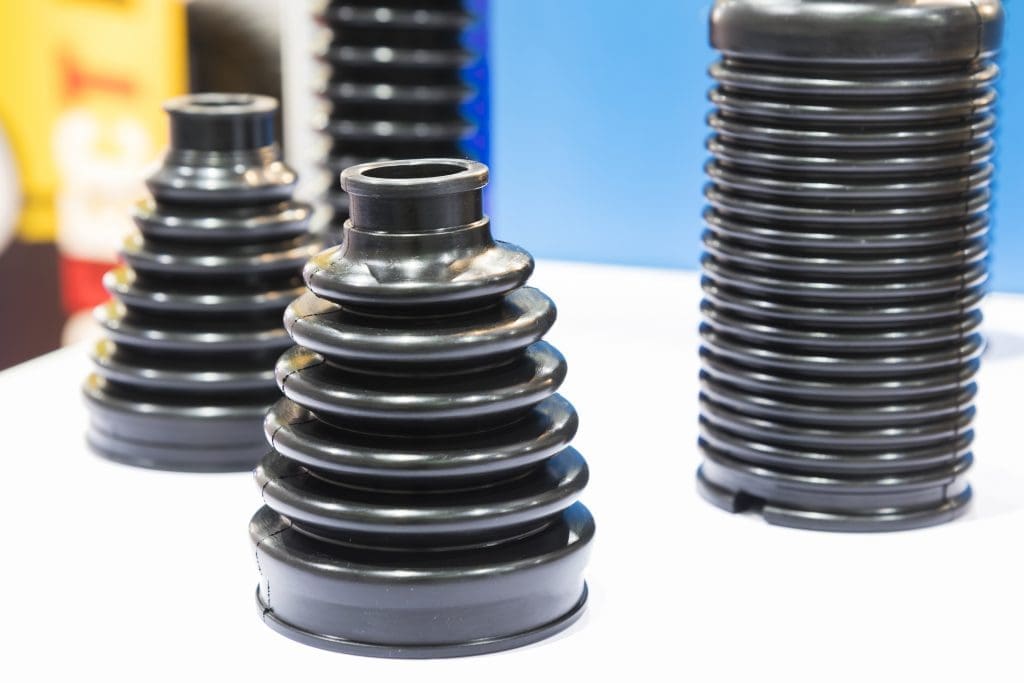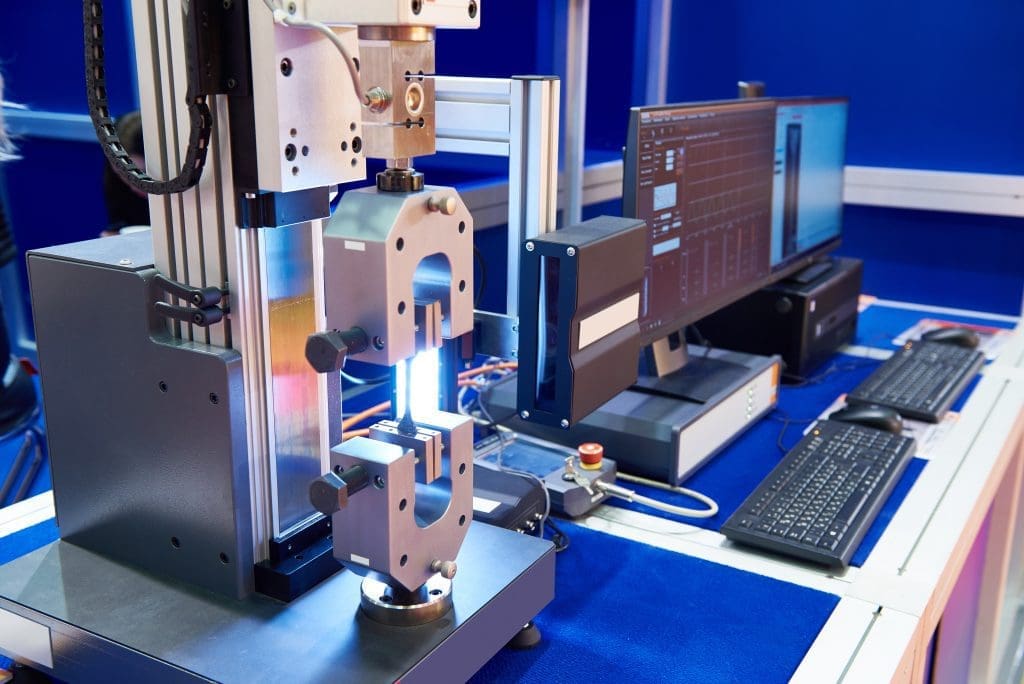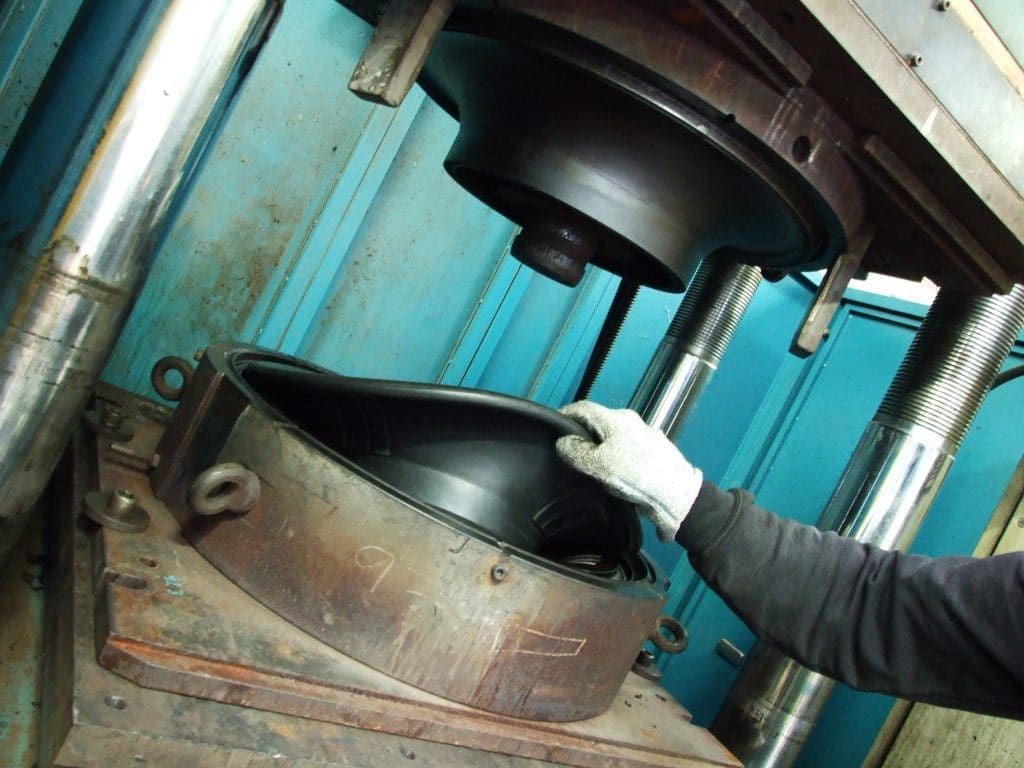Exploring the Versatility of Rubber Moulding in the UK: A Comprehensive Guide
Rubber moulding is a highly versatile manufacturing process that has revolutionised industries across the globe, including the United Kingdom. This comprehensive guide aims to provide a deeper understanding of rubber moulding in the UK, its history, various processes, advantages, applications, material selection, finding reliable companies, quality control, and future trends. Whether you are a professional in the industry or simply curious about this fascinating process, this guide will serve as a valuable resource.

History of Rubber Moulding in the UK
The history of rubber moulding in the UK can be traced back to the early 19th century when the Industrial Revolution was in full swing. The invention of the steam engine and the subsequent development of machinery enabled the mass production of rubber products. The UK quickly became a hub for rubber manufacturing, with companies like Thomas Hancock and Charles Macintosh leading the way in developing innovative rubber moulding techniques.
Types of Moulding Processes
The moulding processes can be broadly classified into three main categories: compression moulding, transfer moulding, and injection moulding. Each process has its unique characteristics and applications. Compression moulding is the most traditional method, where a pre-measured amount of rubber is placed into a mould and compressed under heat and pressure. Transfer moulding involves transferring the rubber into a heated cavity under pressure, while Injection moulding uses high pressure to inject molten rubber into a mould.

Advantages of Rubber Moulding in the UK
Rubber moulding offers numerous advantages that have contributed to its widespread adoption across various industries in the UK. Firstly, it allows for the production of complex shapes and intricate designs that would be difficult or impossible to achieve with other materials. Rubber moulding also provides excellent durability, flexibility, and resistance to chemicals, making it ideal for applications where these properties are essential. Additionally, rubber moulding enables cost-effective mass production, reducing production time and costs. The versatility and reliability of rubber moulding have made it a preferred choice for industries such as automotive, aerospace, healthcare, and consumer goods.

Applications of Rubber Moulding in Various Industries
Rubber moulding finds extensive applications in a wide range of industries in the UK. In the automotive sector, rubber moulded components such as seals, gaskets, and vibration mountings play a crucial role in ensuring safety, comfort, and performance. In the healthcare industry, rubber moulding is used to produce medical devices, such as syringe stoppers, bellows on machinery and FDA button covers and equipment, that require precise dimensions and sterile properties. The aerospace industry relies on rubber moulded seals and grommets to maintain the integrity of aircraft structures. Other industries, including electronics, construction, and sports equipment, also benefit from the versatility and reliability of rubber moulding.

Choosing the Right Material for Moulding
Selecting the appropriate rubber material for moulding is vital to ensure the desired properties and performance of the final product. Factors such as temperature resistance, chemical compatibility, abrasion resistance, and flexibility need to be considered. Common rubber materials used in moulding include natural rubber, EPDM, neoprene, silicone, and nitrile. Each material has its unique characteristics, and understanding their properties is crucial in selecting the right material for specific applications. Consulting with experts or working closely with rubber suppliers can help in making informed decisions regarding material selection.
Finding a Reliable Rubber Moulding Company in the UK
When it comes to rubber moulding projects, finding a reliable and experienced company such as SRM is essential for successful outcomes. A reputable rubber moulding company should have a strong track record, state-of-the-art facilities, advanced machinery, and a skilled workforce. It is crucial to conduct thorough research, read customer reviews before finalising a partnership. Additionally, considering factors such as certifications, quality control processes, and adherence to industry standards will ensure the chosen company is capable of delivering high-quality rubber moulded products.

Quality Control and Testing
Maintaining strict quality control and testing procedures in rubber moulding is crucial to ensure the reliability and performance of the final products. Quality control involves comprehensive inspections at every stage of the manufacturing process, starting from raw material testing to final product evaluation. The use of advanced testing equipment, such as tensile testers, hardness testers, and dimensional inspection tools, helps in verifying the physical and mechanical properties of the rubber moulded products. Adhering to recognised quality standards, such as ISO 9001, ensures consistent quality and customer satisfaction.
Future Trends in Rubber Moulding Technology
As technology continues to advance, the field of rubber moulding in the UK is witnessing exciting developments and future trends. One such trend is the adoption of Industry 4.0 principles, which involve the integration of automation, data exchange, and artificial intelligence in rubber moulding processes. This enables enhanced productivity, accuracy, and efficiency. Additionally, the development of eco-friendly rubber materials and the incorporation of sustainable manufacturing practices are gaining prominence in the industry. The use of additive manufacturing techniques, such as 3D printing, is also revolutionising the prototyping and small-scale production of rubber moulded products.
Conclusion
Rubber moulding has transformed industries in the UK, offering versatility, durability, and cost-effectiveness. From its humble beginnings during the Industrial Revolution to the modern-day innovations, rubber moulding continues to play a crucial role in various sectors. By understanding the history, processes, advantages, applications, material selection, and quality control aspects of rubber moulding, businesses and individuals can make informed decisions and harness the full potential of this remarkable manufacturing process.
For more information about rubber moulding in the UK, or to discuss you requirements get in touch with one of SRM’s rubber moulding experts today.


